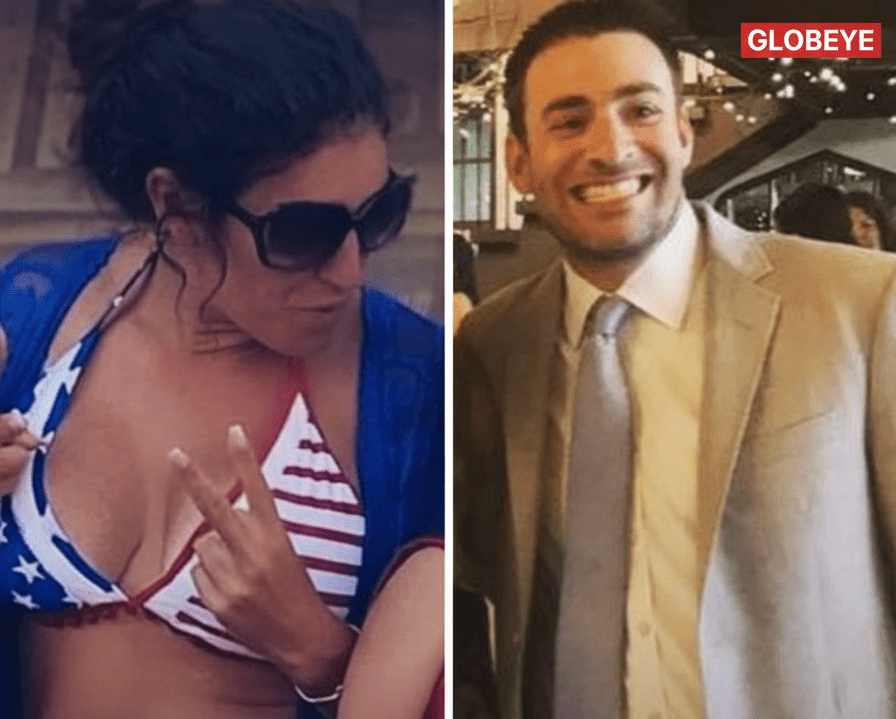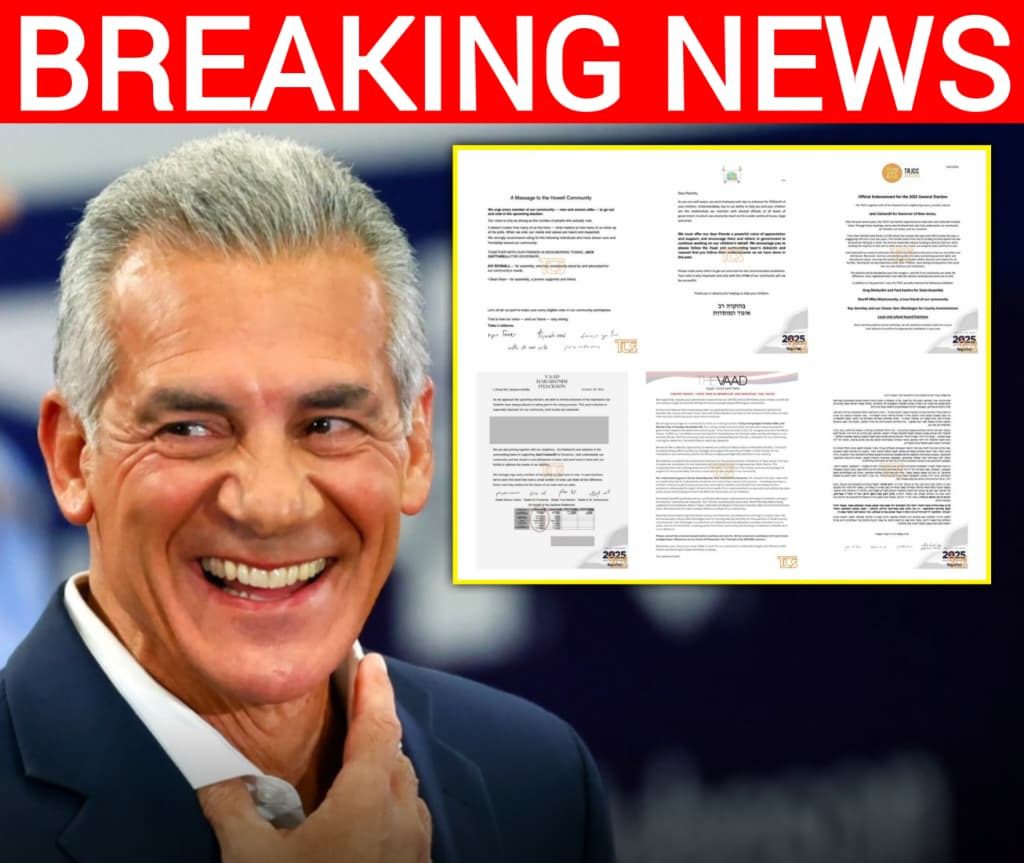Georgia Teacher of the Year Finalist Files Federal Lawsuit Against School District After Being Suspended for Social Media Post About Charlie Kirk
The case of veteran Georgia high school teacher Michelle Mickens, a candidate for the 2022 Teacher of the Year award, has turned into a legal flashpoint over social media, free speech and public education. According to her filed complaint, Mickens was suspended by the Oglethorpe County School System after posting on her personal Facebook page comments about the assassination of conservative pundit Charlie Kirk — comments she says were protected by the First Amendment. The dispute is now playing out in federal court, raising questions about how school districts respond to off-duty speech by educators and whether political pressure is reshaping academic environments.
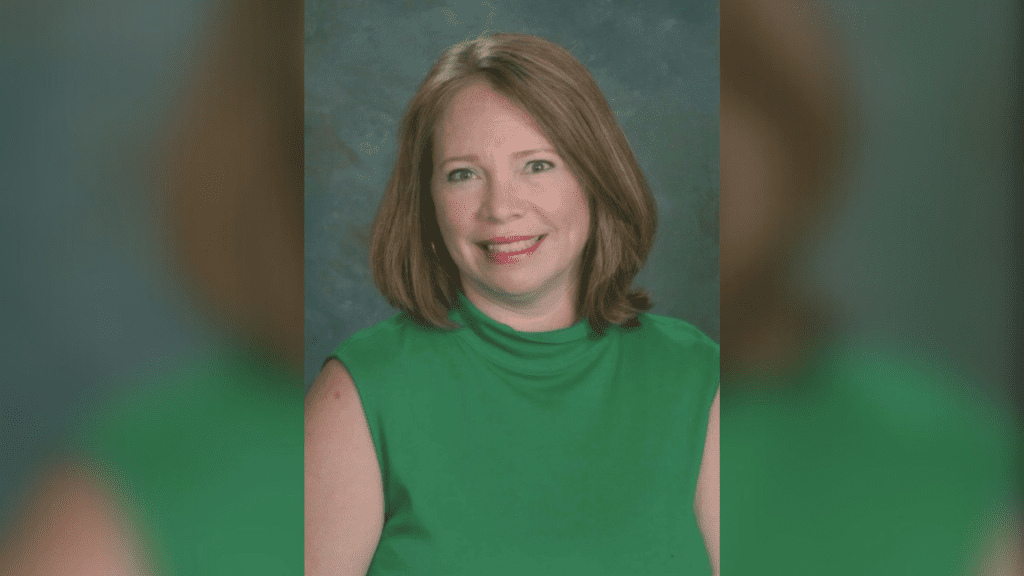
Mickens, who taught high school English for 24 years, described Kirk as “a horrible person, a fascist full of hate for anyone who was different,” while adding that she did not condone violence. The post, made hours after Kirk’s death during a public event, was set to “friends-only” visibility, but it was soon screenshotted and amplified on social media. Within days, Mickens says, she was summoned by her principal and superintendent and asked to delete the post and apologise. When she requested legal counsel instead, she was placed on leave and informed via union representative that the district would fire her unless she resigned — all despite her spotless professional record and years of service.
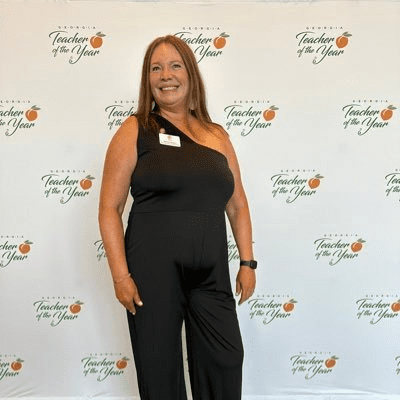
The school system, according to the complaint, moved quickly to hire a replacement while revoking Mickens’ access to email and internal systems, effectively sidelining her pending termination. The suit, filed with assistance from the Southern Poverty Law Center and the Georgia Association of Educators, names the school system and Superintendent Beverly Levine and seeks reinstatement, removal of any adverse employment records and unspecified damages. It argues that Mickens faced retaliation solely for expressing personal views outside the classroom, views that did not disrupt her duties or her students’ learning.
Critics of the district’s actions argue this case fits into a wider trend of ideological control in public education, where personal expression, especially political critique, can prompt swift administrative discipline. One legal advocate noted that the district permitted other employees to display pro-Kirk imagery or messages without facing consequences, so long as their views aligned with the favourable narrative. The lawsuit claims that discrepancy demonstrates viewpoint discrimination — a key First Amendment issue. The district has declined public comment, stating it will respond through litigation rather than the media.
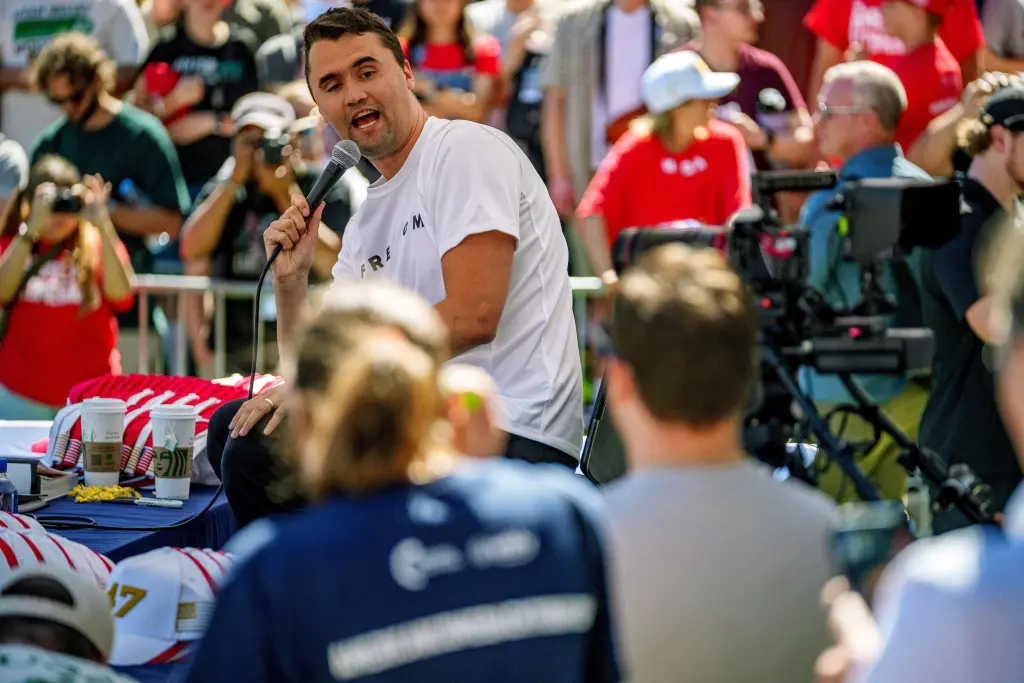
On the other side, supporters of the district argue that educators, even when off duty, occupy positions of trust that require careful handling of public statements — especially those that might trigger significant backlash or public relations issues. When social media posts surface, they can rapidly become public controversies that reflect on a school system’s reputation. The district’s decision to intervene, according to them, was motivated by concern over escalating public and social media pressure, not censorship of speech.
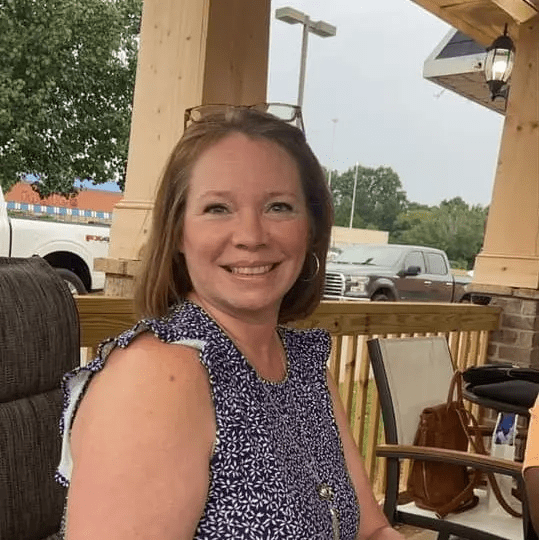
For Mickens, the lawsuit is not just about her job, but what she sees as the broader principle of free speech for public servants. After decades in the classroom, her career may pivot into a test case adjudicating how far a school district may go when policing online remarks by its employees. The outcome could shape policy nationally, especially with educators increasingly caught between personal expression and institutional constraints.
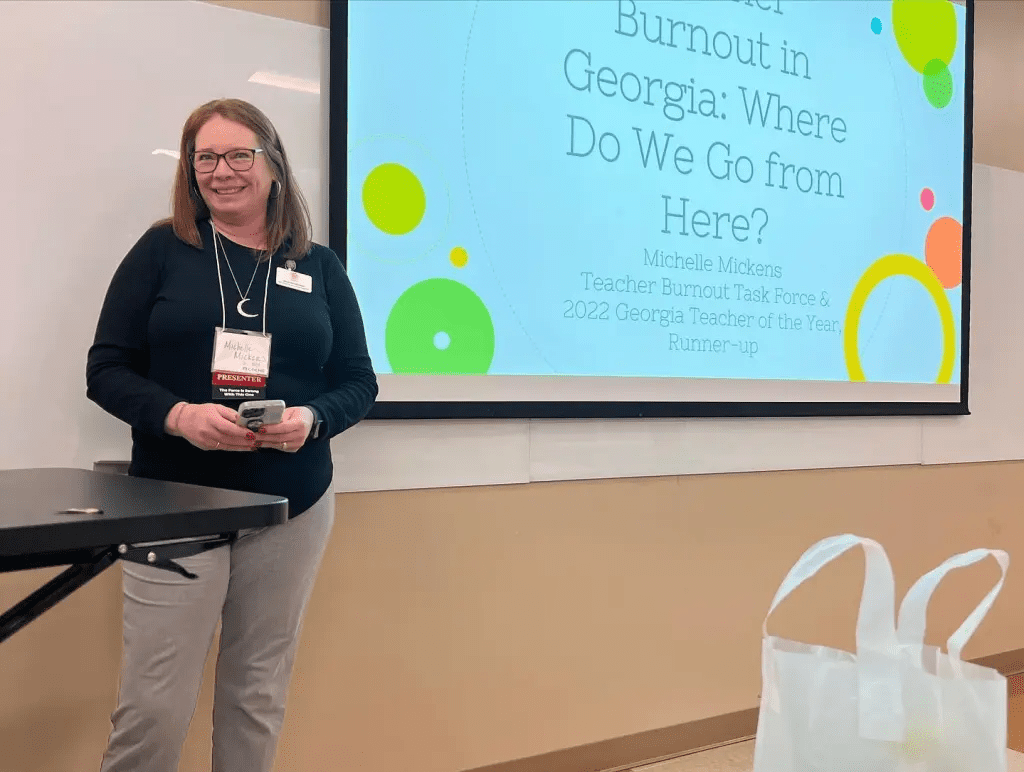
Navigating this middle ground between educator speech and employer discipline, the federal case will examine whether Mickens’ off-duty comments were protected and whether the school’s reaction was constitutionally justified. Regardless of the legal outcome, the suit shines a spotlight on the fraught intersection of politics, social media and education right now — and it raises a potentially enduring question: when you speak as a private individual, how much does your district stay silent?

